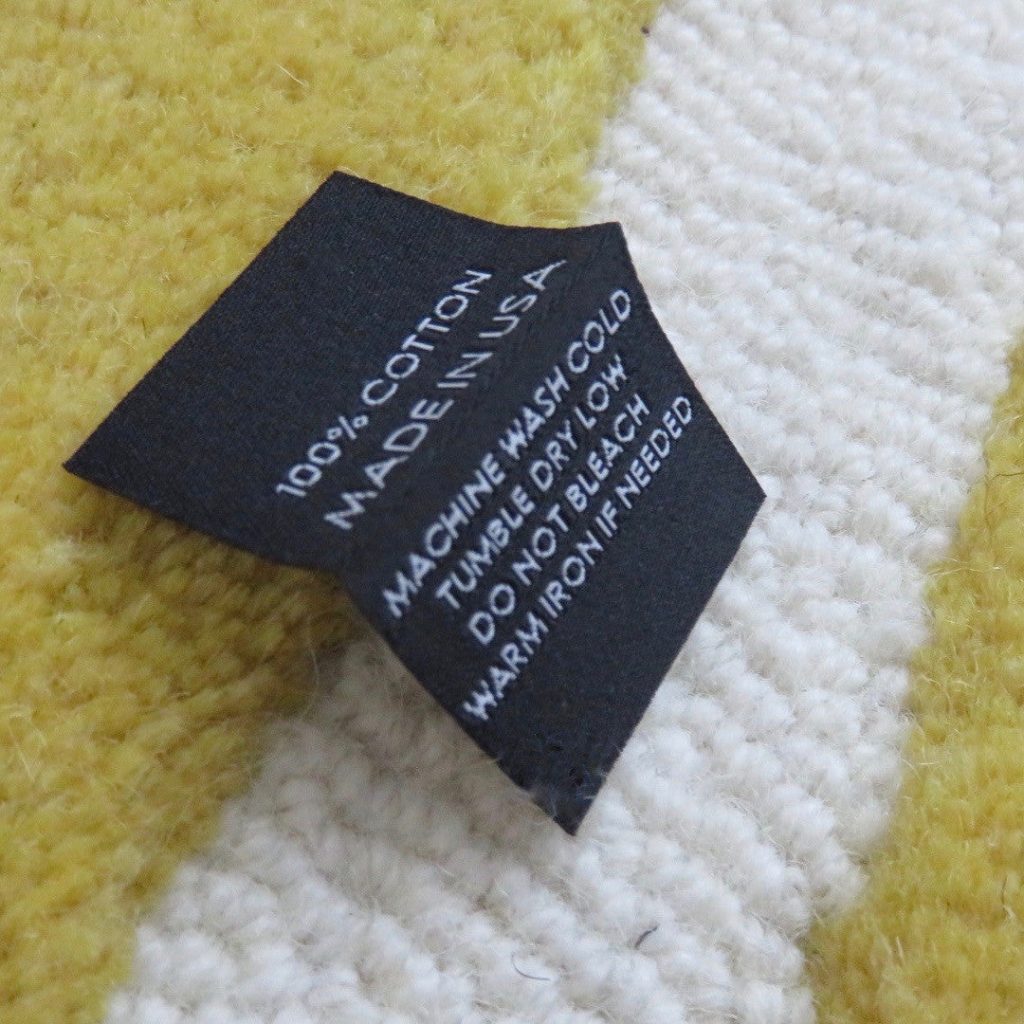In the vast world of textiles, one fabric stands out as the unrivaled champion in terms of popularity, versatility, and sheer ubiquity. Cotton, with its rich history and remarkable attributes, has emerged as the most widely used fabric across the globe. From fashion to home furnishings, medical applications to industrial use, cotton's reign knows no bounds. In this article, we delve into the fascinating world of cotton, exploring its origins, properties, and the myriad ways it has revolutionized various industries.
- The Origins of Cotton:
Cotton, scientifically known as Gossypium, has been cultivated for thousands of years. Its origins can be traced back to ancient civilizations in the Indus Valley and the Nile River region. The cotton plant's fluffy white fibers, encased in protective bolls, have been harvested and spun into yarn for centuries, making it an integral part of human civilization. - Versatility and Comfort:
One of the key factors contributing to cotton's global dominance is its unparalleled versatility. Cotton fabric is renowned for its breathability, softness, and comfort, making it a preferred choice for clothing manufacturers worldwide. Its natural fibers allow air to circulate, keeping the body cool and dry, making it ideal for warm climates and active lifestyles. Additionally, cotton's ability to absorb moisture makes it a popular choice for towels, bed sheets, and other home textiles. - Environmental Sustainability:
In an era where sustainability is paramount, cotton's eco-friendliness has further solidified its position as the go-to fabric. Unlike synthetic materials, cotton is biodegradable and renewable, reducing its impact on the environment. Moreover, advancements in organic cotton farming practices have minimized the use of harmful pesticides and chemicals, making it a more sustainable option for conscious consumers. - Industrial Applications:
Beyond fashion and home textiles, cotton plays a vital role in numerous industries. Its high tensile strength and durability make it an excellent choice for industrial applications such as automotive interiors, medical supplies, and even paper production. Cotton's ability to withstand high temperatures and resist abrasion ensures its reliability in demanding environments. - Economic Impact:
The global cotton industry has a significant economic impact, providing livelihoods for millions of people worldwide. Cotton cultivation, processing, and manufacturing create employment opportunities in both developed and developing countries. Additionally, cotton trade fosters international relations and contributes to economic growth, making it a crucial commodity in the global market.
Conclusion:
Cotton's unrivaled popularity, versatility, and sustainability have propelled it to the forefront of the textile industry. Its natural comfort, breathability, and eco-friendliness have made it the fabric of choice for consumers and manufacturers alike. From its ancient origins to its modern-day dominance, cotton continues to shape the world we live in. As we embrace a future focused on sustainability and innovation, cotton's reign as the most widely used fabric in the world shows no signs of waning.

